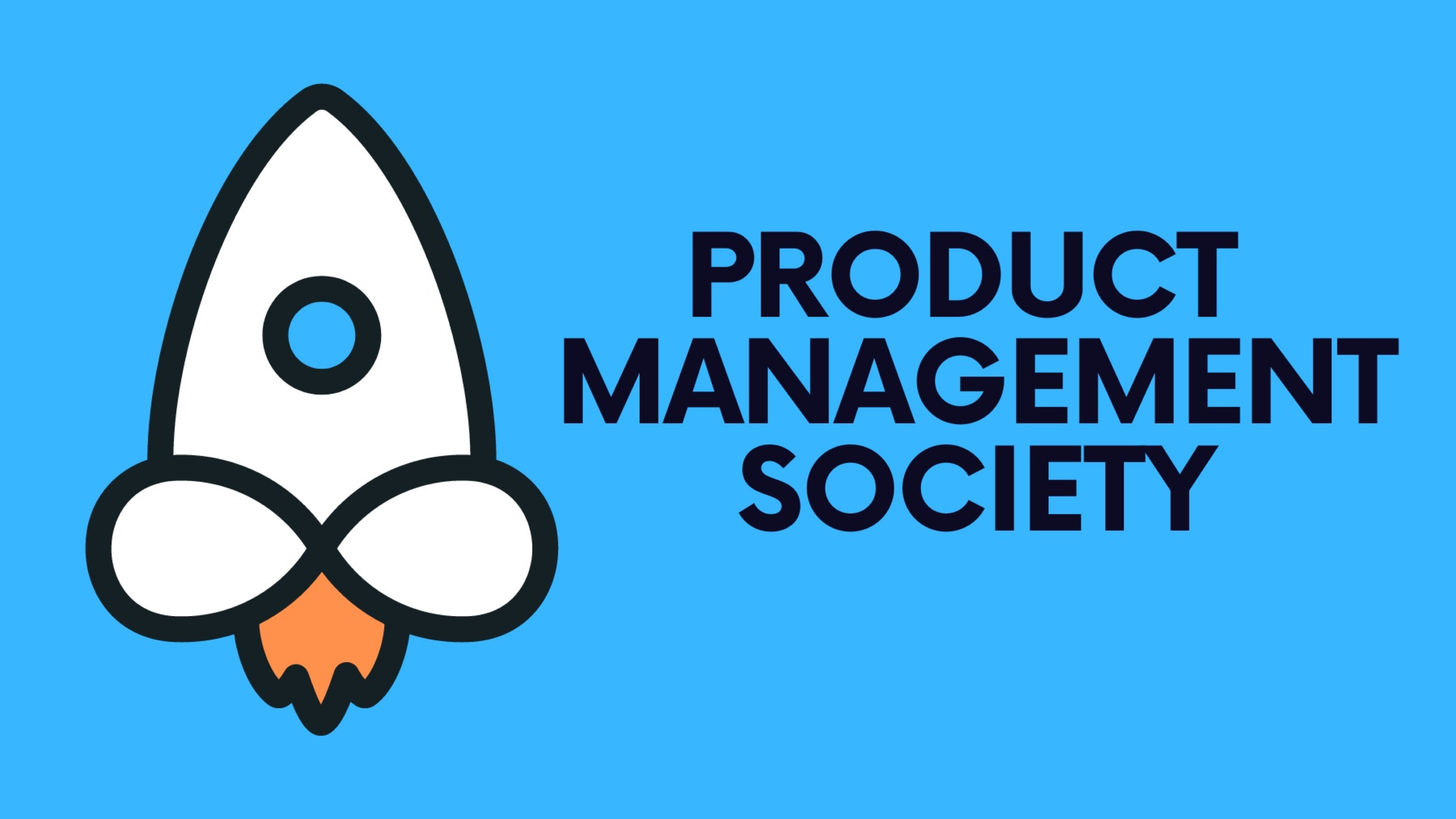A roadmap is a strategic document that outlines a product's vision, direction, priorities, and progress over time. It is an essential tool for product managers, serving as a bridge between strategy and execution. But why exactly is a roadmap so crucial for a product manager? This article delves into the importance of maintaining a product roadmap, highlighting how it benefits the product team, stakeholders, and the organization as a whole.
1. Aligns the Team with Strategic Goals
Unified Vision:
- A roadmap provides a clear vision of what the product team aims to achieve. It aligns the entire team on strategic goals, ensuring everyone understands the big picture and their role in reaching those objectives.
Facilitates Collaboration:
- A roadmap encourages collaboration among different teams (e.g., engineering, marketing, sales) as they work towards common goals by laying out key milestones and timelines.
2. Enhances Communication with Stakeholders
Transparency:
- Roadmaps create transparency by openly showing the planned progress and priorities of the product. This transparency helps manage stakeholders' expectations and supports more informed decision-making.
Engagement:
- Regular updates to the roadmap allow for ongoing engagement with stakeholders, keeping them informed about any changes or developments. This ongoing dialogue is crucial for maintaining trust and support.
3. Guides Prioritization and Decision-Making
Focus on Priorities:
- With a roadmap, product managers can more effectively prioritize features and initiatives based on their impact and alignment with business objectives. This helps in making strategic decisions about resource allocation.
Adaptability:
- A dynamic roadmap allows product managers to respond to changes in the market or internal priorities by adjusting their plans accordingly, ensuring the product remains competitive and relevant.
4. Provides a Framework for Measuring Progress
Tracking Milestones:
- Roadmaps allow teams to track their progress against specific milestones and timelines, which is essential for maintaining momentum and ensuring timely delivery.
Evaluating Success:
- By comparing planned versus actual progress, product managers can evaluate the success of their strategies and make data-driven decisions for future development.
5. Facilitates Long-Term Planning
Future Growth:
- A roadmap isn't just a plan for the immediate future but also an outline for long-term growth. It helps product managers anticipate market trends, plan for scalability, and strategize around future opportunities.
Resource Management:
- Effective roadmapping enables better forecasting of resource needs, helping organizations manage budgets, staffing, and other critical resources more effectively.
Conclusion
The product manager's roadmap is more than just a planning tool; it is a strategic asset that guides the product's direction, facilitates stakeholder communication, ensures team alignment, and supports effective prioritization and resource allocation. By understanding and leveraging the power of a well-crafted roadmap, product managers can significantly enhance their product's chance for success and sustainability in the market.
If you’re finding this blog valuable, consider sharing it with friends, or subscribing if you aren’t already. Also, consider coming to one of our Meetups and following us on LinkedIn ✨
Thanks for reading Product Management Society! Subscribe for free to receive new weekly posts 🚀







